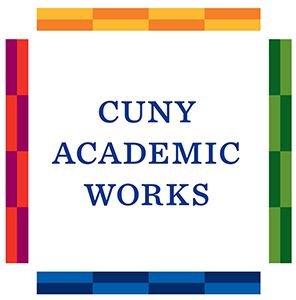
Welcome to the March edition of QC Research Highlights!
Every month, we feature a few articles showcasing the work of QC authors. Please enjoy this month’s selection of faculty publications!
Thanks to all the authors who have contributed their works.
All the works featured in this series are available to read and download for free from CUNY Academic Works.
Math and Natural Sciences
Eve Bernstein (Family, Nutrition and Exercise Science)’s article, “Students’ Perceived Experiences of Competitive Activities through Electronic Platforms,” analyzed what middle school students said on YouTube about competitive activities in physical education courses. She analyzed 26 videos of students talking about their experiences. Since participation in physical activities declines after middle school, she thought it was especially important to understand the students’ perspectives at that stage. In the videos, students’ perception of their own skill level deeply influences their experience; less-skilled students became embarrassed or lost interest. Bernstein suggests that activities should be structured in such a way as to alleviate the experience of failure and not make students feel powerless. She critiques the teacher-centered approach shown in the clips.
Education
Toni Spring (Elementary and Early Education) researches children’s eyewitness testimony through the lens of moral decision-making. In the article “Gender Differences in Moral Influences on Adolescents’ Eyewitness Identification,” Spring, along with co-authors Herbert D. Saltzstein (Graduate Center, CUNY) and Leeann Siegel (University of Pennsylvania), works to reveal implicit moral decision-making in adolescents, considering both age and gender. After watching a video in which one character stole a cell phone from another, the study participants answered some questions indicating how bad the character’s actions were and how severely they believed she should be punished. Finally, they were asked to identify the character from a selection of photos. This study differed from others in this area because it used female actors. The older children and the girls used more stringent criteria in identifying the culprit and were more likely to focus on fairness rather than prevention.
Humanities
In her article, Debility and Disability in Edith Wharton’s Novels, Karen Weingarten (English) argues that Edith Wharton’s understanding of disability in some ways anticipates modern disability studies. Considering Ethan Frome, The Fruit of the Tree, and Summer, Weingarten analyzes how Wharton situates disability within the economic and political circumstances of her characters. Ultimately, Weingarten argues for a distinction between disability, which can be understood as an identity category, and debility, which is a condition brought on by economic conditions. Disability as an identity is available to those characters whose social position entitles them to the support of the community, whereas debilitation describes the condition of those who have suffered injury or illness due to the working and living conditions of capitalism. Ultimately, Weingarten argues: “As a tracing of the representation of disability and debility in Wharton’s novels demonstrates, disabled—and debilitated—people’s oppression has always been tied to economic, racial, and sexual politics.”
Thank you to all the authors whose works are listed here!
This is one of a series of blog posts featuring faculty publications in CUNY Academic Works. Academic Works is a service of the CUNY Libraries dedicated to collecting and providing access to the research, scholarship, and creative and pedagogical work of the City University of New York. In service to CUNY’s mission as a public university, content in Academic Works is freely available to all.
If you would like to share your research in Academic Works, please see this guide to Academic Works, or contact Nancy.Foasberg@qc.cuny.edu.
If you would like to share your research in Academic Works, please see this guide to Academic Works, or contact Nancy.Foasberg@qc.cuny.edu.
